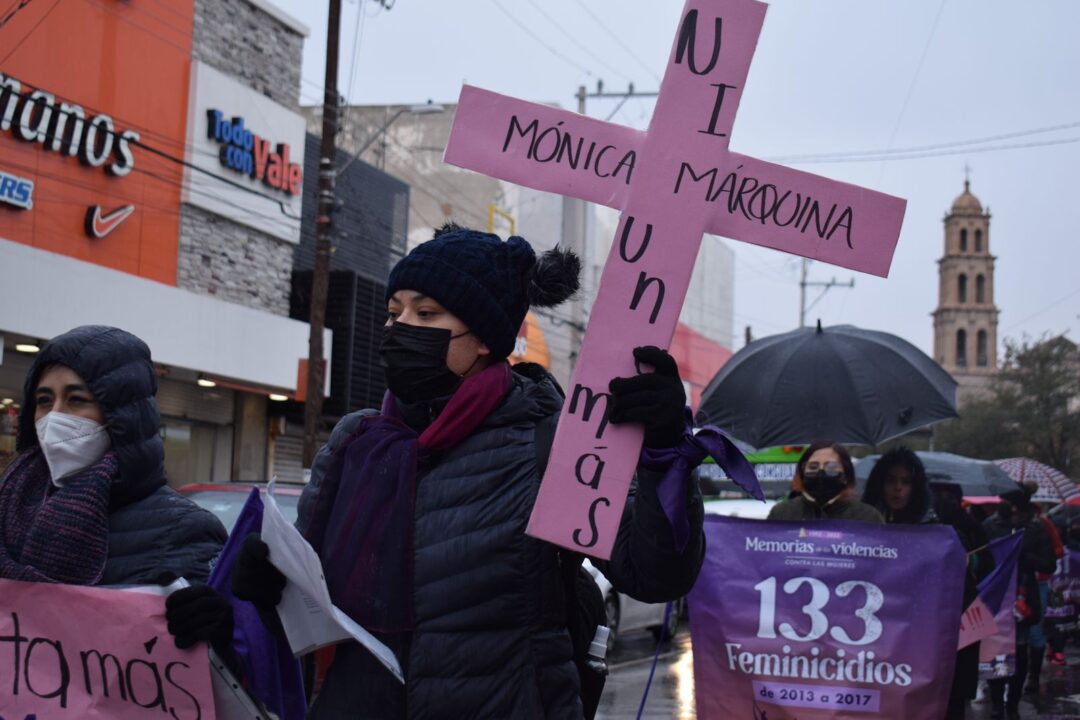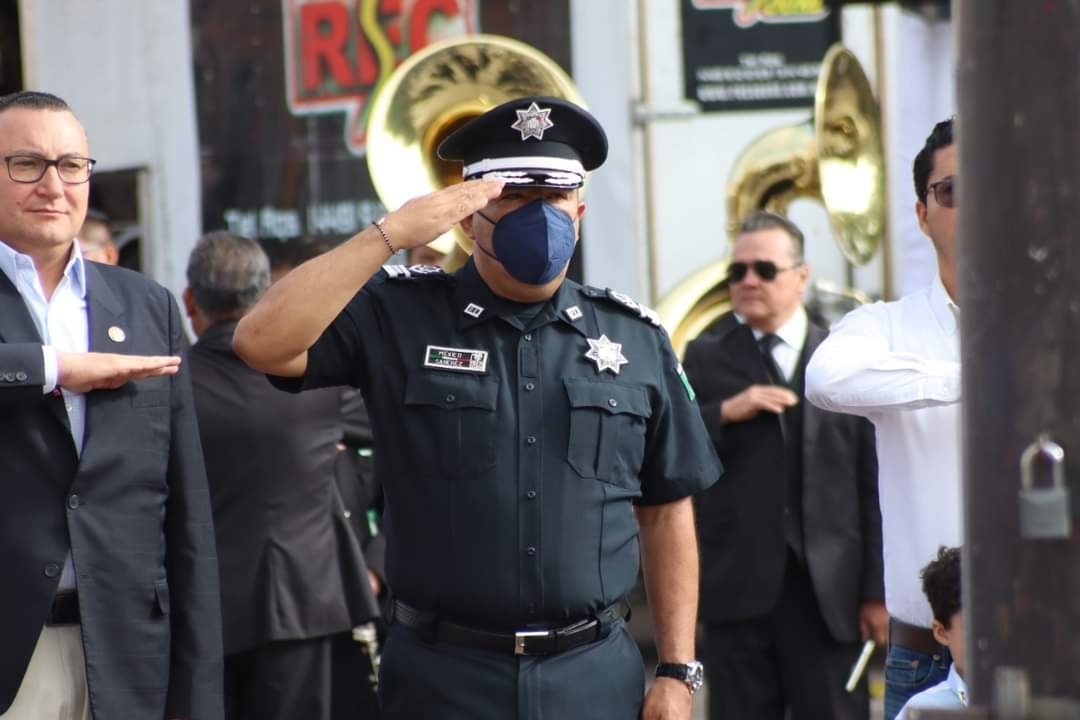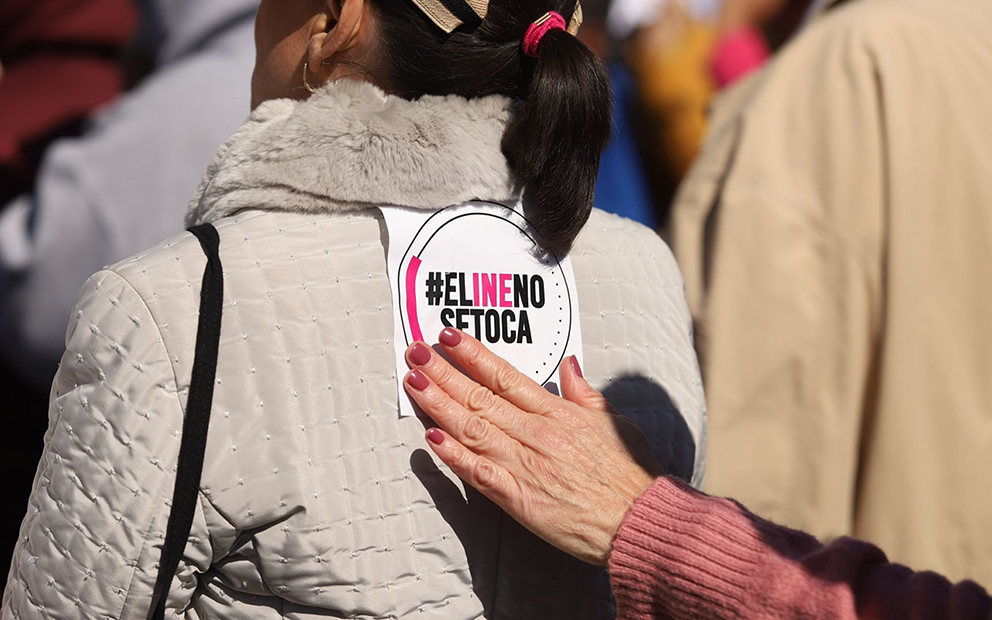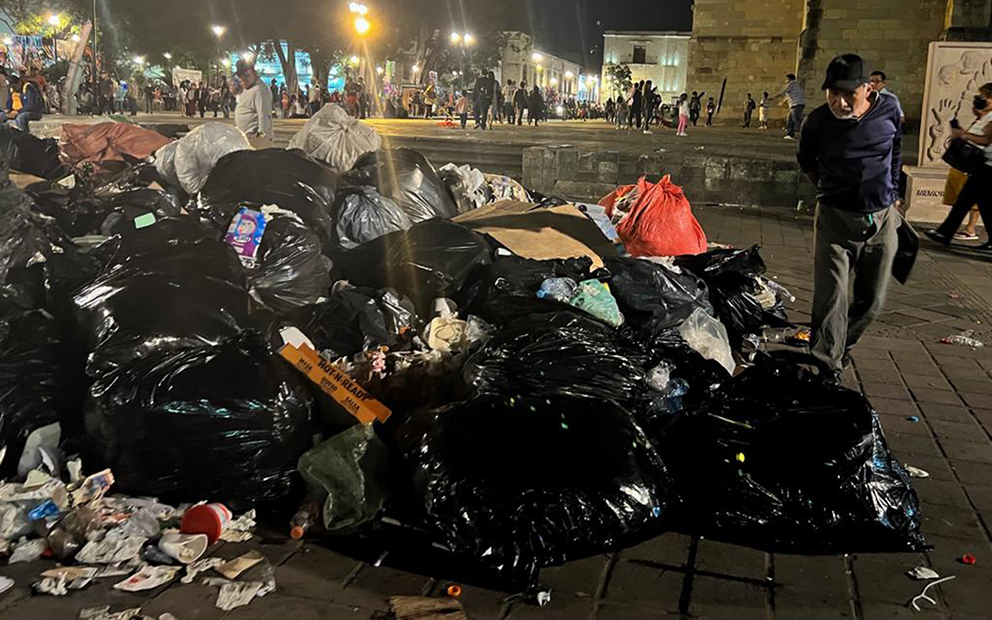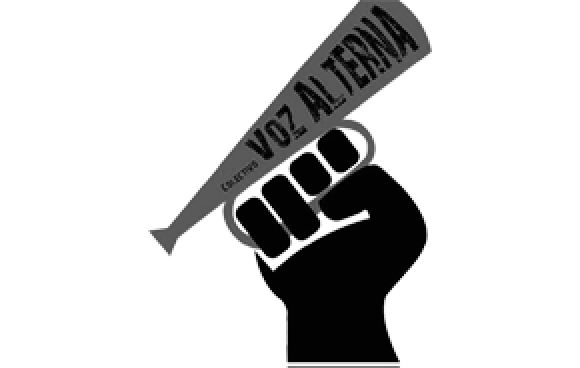The Bowe Najativo sewing shop, a symbol of Rarámuri hope and resistance
25 junio, 2021
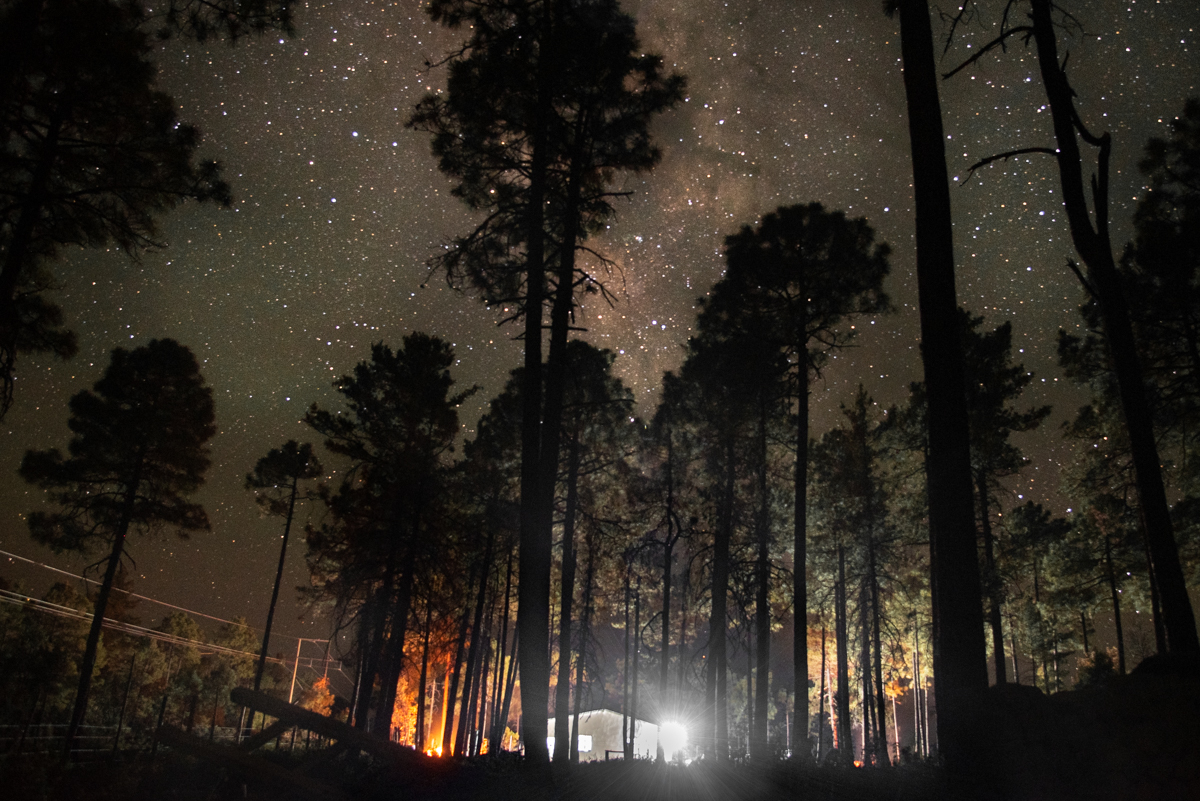
Ten months after being shut down by Chihuahua law enforcement, the Rarámuri community of Bosques de San Elías Repechique successfully opened the Bowe Najativo sew shop despite the ongoing legal process against them undertaken by a group of businessmen.
Text and photos by Raúl Fernando, originally published on June 14th, 2021.
Translation by Elysse DaVega
BOCOYNA, CHIHUAHUA.– «They let us finish the workshop and now everyone’s gathered to celebrate our opening. We’re here together to spend time with people from other hamlets and communities we invited», Teresa González said in an interview with Raíchali at the beginning of a grand celebration to inaugurate the community project.
The Rarámuri assembly put Teresa in charge of leading the opening of the sew shop located in Cerros de la Virgen, a municipality of Bocoyna in the northern Mexican state of Chihuahua. When businessman Fernando Cuesta filed a complaint for land theft, environmental damage and theft in 2020, around 16 state police officers shut down construction of the shop and attempted to arrest Teresa.
«We were really sad for a while, we felt abandoned, angry… Those times are over. Now many of us are happy. The women and girls are actually about to begin playing and dancing,» she said.
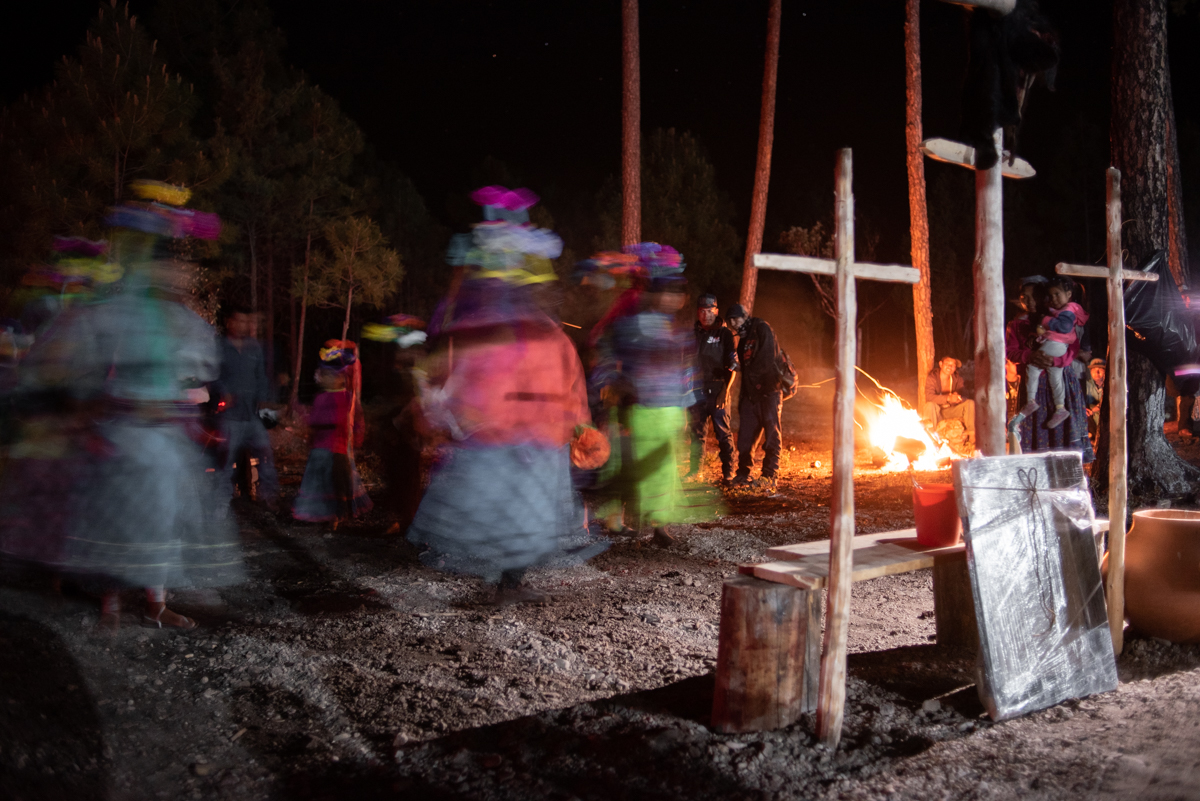
In response to the complaint, the community filed two writs of protection. The first, to stop persecution against Teresa; the second, against the Chihuahua state attorney general, who they accuse of criminalizing the Indigenous community and responding quickly to seize their ancestral lands, but without ever protecting them.
Following these writs, a federal judge ruled that the state AG could proceed with their investigation, and that the community could continue to construct the shop as long as they didn’t sell it to an external third party. Due to the Cuesta family’s complaint against the shop, a mediation court is now examining the charges, which could still fail to produce a solution even after a number of years.
«We hope to see a better future. We want there to be work opportunities in the community. We’ve never had this kind of work, and we really need it,» said Teresa.
After the judge gave the green light to continue, the community hurried to finish work on the main space. They obtained sewing machines, but postponed their installation in order to be able to use the space to hold an opening celebration. They painted the walls and brought in new water tanks to replace the two 200-liter tanks stolen from them not long ago.
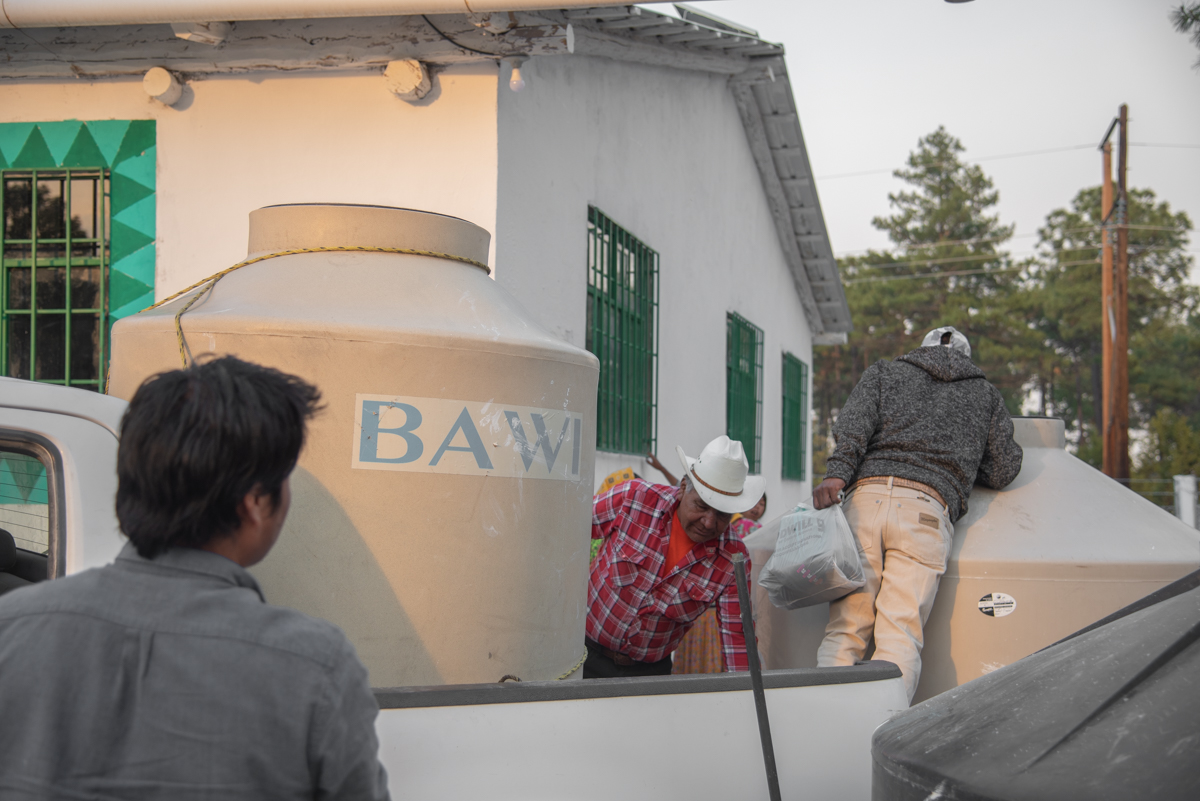
At the party held on June 12th, guests arrived from Mogótavo, a nearby region also facing an intimidation lawsuit filed by businessmen; from Huitosachi, Tewerichi, Bakajípare (other Rarámuri communities); others arrived from Urique, Bocoyna and Guachochi.
Some Rarámuri traveled more than six hours, even through the night, to arrive on time for the celebration and bring something from their respective lands.
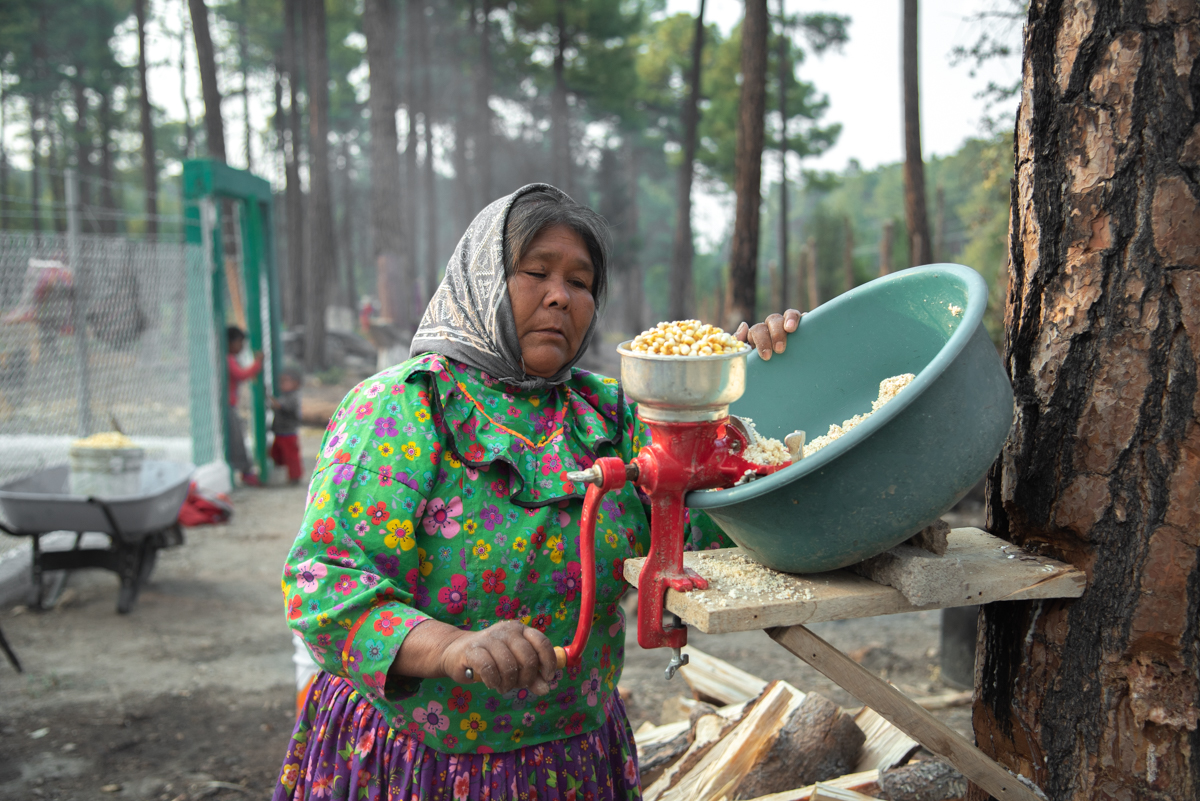
Early in the morning they slaughtered cattle to be able to feed everyone. They prepared maize for tortillas, heated water for coffee, and tuned their violins and guitars. They danced matachín and pascol through the night, with intermittent 30-minute and 1-hour breaks until sunrise.
At 7 am the different communities teamed up for traditional rarajípari and ariweta races. In the first, men ran while kicking a wooden ball. In the second, women threw hoops with sticks. The competitions ended with the last teams standing after the others gave into fatigue following the all-night celebration.
The land dispute
The hamlet where the shop was constructed bears the name Cerro de la Virgen and is located on ancestral Rarámuri land, known as Bosques de San Elías Repechique. However, from the perspective of the Cuesta family, the land is called Pino Gordo, which they acquired through a sales contract.
The state’s AG and the government’s general secretary have urged the Indigenous community to attend conciliation with the businessmen, but the community has refused because they believe it’s a trap.
«To us it seemed like a strategy to get them recognized as the owner. If you go to a conciliation it’s because you recognize the other party’s rights, even if you don’t arrive at an agreement. We didn’t go,» a member of the Community Technical Consulting Firm (CONTEC) explained in an interview with Raíchali. The firm is involved in Bosques de San Elías Repechique’s legal process.
CONTEC explained that the plaintiffs are even committing fraud in the process because the report against Teresa was filed by Laila Miledi Pérez, the former owner, when she had already sold the land to her son, Fernando Cuesta.
This fact is irrelevant to the prosecution because the sale occurred within a family, but to CONTEC and the communities affected, it’s more than enough reason to nullify the report.
The Bosques de San Elías Repechique territory was divided and sold in twelve plots of land that make up more than 11,500 hectares. They were all acquired by businessmen, including the Cuesta family, who constantly obtain forest use permits.
The businessmen have also benefited from government compensation for the construction of the Creel airport, a new highway, and a gas pipeline.
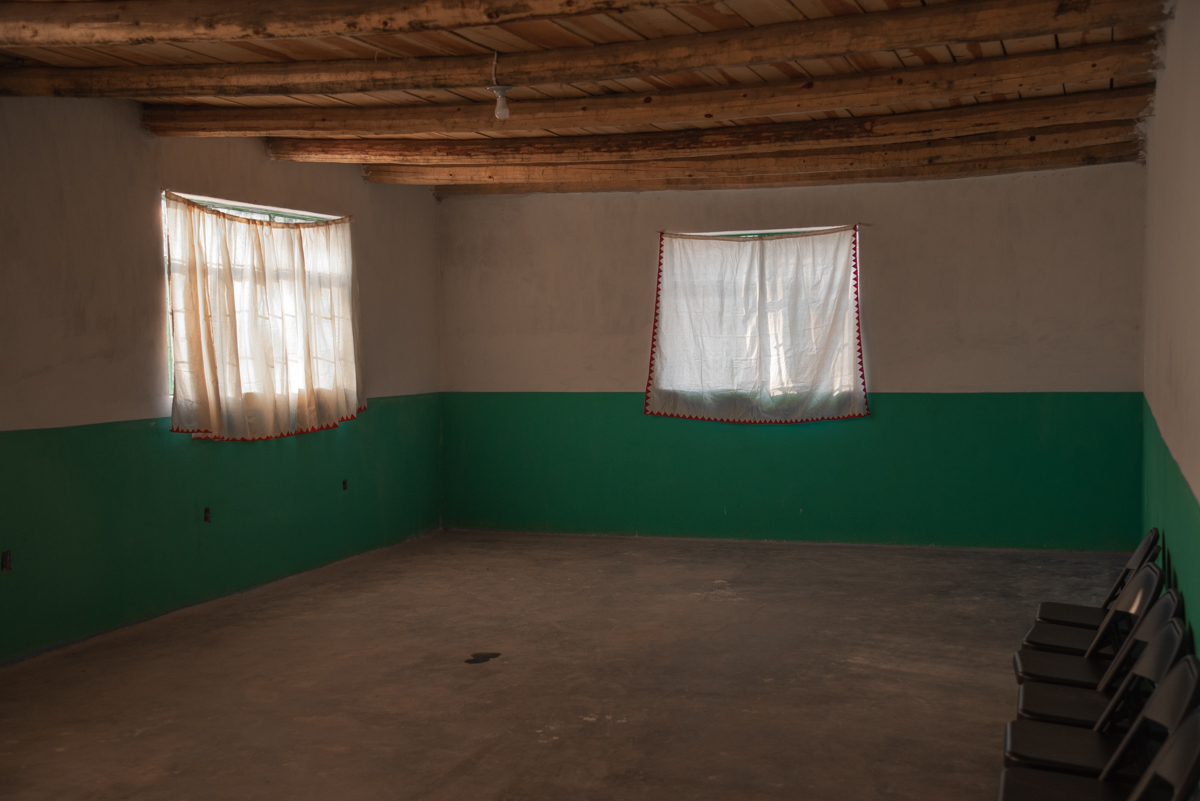
No ejidos or communal lands, just Rarámuri territory
Since 2018 the Bosques de San Elías Repechique community has requested the official recognition of its land as Indigenous Rarámuri territory. With no other forms of shared possession (as in the ejido system) or common lands; their understanding of the territory is different.
This protection ruling is also at the hands of a mediation court and could take years or simply not go through due to COVID-19, which is why they are requesting the Supreme Court take up the case.
«They don’t want to be ejidal landowners or own land in common, and there’s no law in Mexico that dictates Indigenous territory; only ejidos, communal land, and private property. There needs to be a law that recognizes these territories, including the Rarámuri,» the CONTEC representative explained.
In other communities, Rarámuri have been classified as ejidal landowners, which limits their decision-making with regard to their own land. They’ve also been granted private property titles, which completely changes the land use dynamic among the communities, especially when land is passed on through inheritance.
In order for this to work, Agrarian Law and the 27th article of the Mexican constitution would need to be amended to include a new territorial ownership model.
The sewing shop was constructed with reparation funds coming from the Creel airport construction, which has violated the Rarámuri’s right to free, prior and informed consent, and which affected their land.
This report was originally published by RAÍCHALI, which is part of the Media Alliance organized by Periodistas de a Pie. You can read the original here.
Click here to sign up for Pie de Página’s bi-weekly English newsletter.
Ayúdanos a sostener un periodismo ético y responsable, que sirva para construir mejores sociedades. Patrocina una historia y forma parte de nuestra comunidad.
Dona

